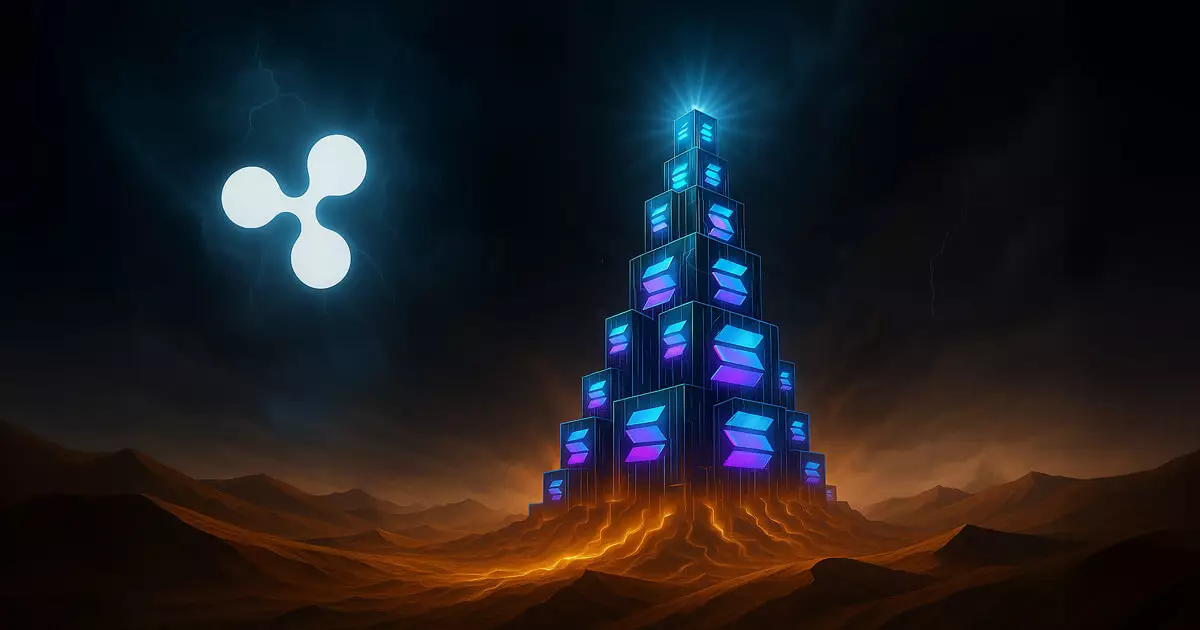Dubai’s recent strides to establish itself as a nexus for cryptocurrency innovation are nothing short of ambitious. With its state-of-the-art infrastructure and visionary leadership, the emirate is aggressively courting blockchain companies to make it a global leader in digital finance. By collaborating with titans like Solana and Ripple, Dubai is signaling its intent to embed cryptocurrency deep within its economic fabric. This isn’t merely a trend; it’s a clear strategy to adopt the future of finance, and it is high time other nations pay attention.
Strategic Alliances that Matter
The collaboration between the Solana Foundation and Dubai’s Virtual Assets Regulatory Authority (VARA) is an excellent example of how regulatory frameworks can foster innovation rather than stifle it. With initiatives aimed at training the workforce, facilitating knowledge exchange, and emphasizing the economic benefits of blockchain, Dubai’s partnership is a masterclass in efficient governance. Alex Scott from the Solana Superteam UAE has rightly described this as a transformative moment. It’s not just about the technology; it’s about integrating that technology into society in meaningful ways.
Ripple’s Regulatory Milestone
In parallel to the Solana partnership, Ripple’s approval for its US dollar-backed stablecoin, RLUSD, by the Dubai Financial Services Authority (DFSA) is another feather in Dubai’s cap. The fact that RLUSD now carries dual regulatory recognition opens doors to a myriad of applications within Dubai’s vibrant financial ecosystem. It’s a critical validation that stablecoins are not merely speculative instruments but can also serve as pivotal components of a stable monetary framework. Ripple’s Managing Director for the Middle East and Africa, Reece Merrick, highlighted growing demand for digital asset solutions, reinforcing the trend that businesses are not just interested but are ready to invest in this new financial paradigm.
Shaping the Future of Finance
Dubai is not content with just being another player in the crypto space; it aims to set benchmarks that the rest of the world might follow. The establishment of the Dubai Solana Economic Zone as a dedicated hub for Web3 innovation exemplifies this desire to be at the forefront. This environment allows for experimentation, risk-taking, and creativity, which are essential ingredients for fostering disruptive technologies. Other countries looking to harness blockchain technology should take notes: creating conducive environments can yield exponential benefits, both economically and socially.
A Center-Right Perspective on Innovation
From a center-right viewpoint, Dubai’s approach emphasizes the importance of minimizing bureaucratic hurdles while encouraging market-driven solutions. The emirate’s model demonstrates that regulation can coexist with innovation; it doesn’t have to be a barrier. The involvement of reputable firms such as Ripple and Solana lends credence to the thought that responsible governance can stimulate economic growth. The constructive relationship between regulators and innovators serves as a possible blueprint for other nations, highlighting the importance of forward-thinking policies that embrace technological advancements rather than restricting them.
Dubai is not just focused on capturing the current moment in cryptocurrency; it aims to lay down the foundations for a sustainable digital economy that might influence global practices for years to come.

